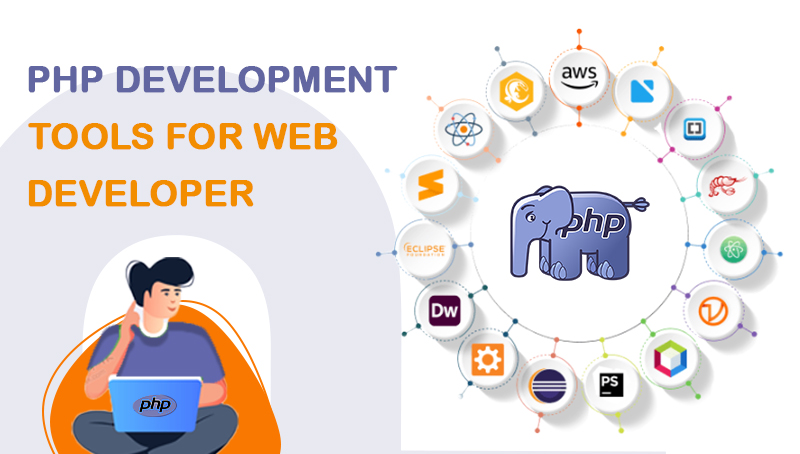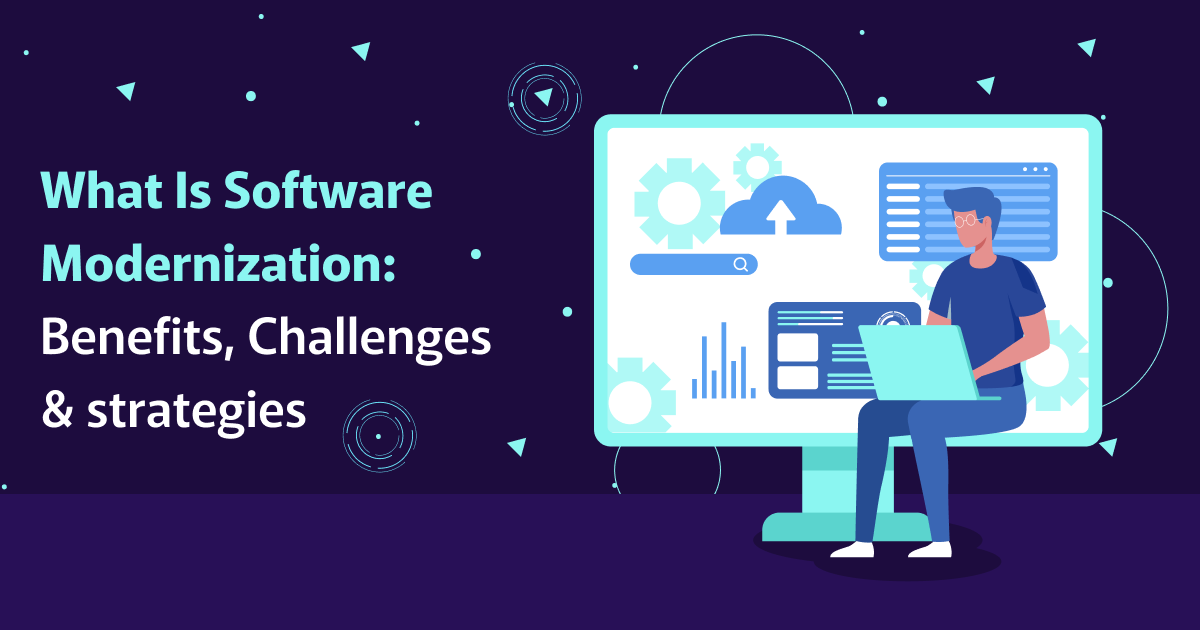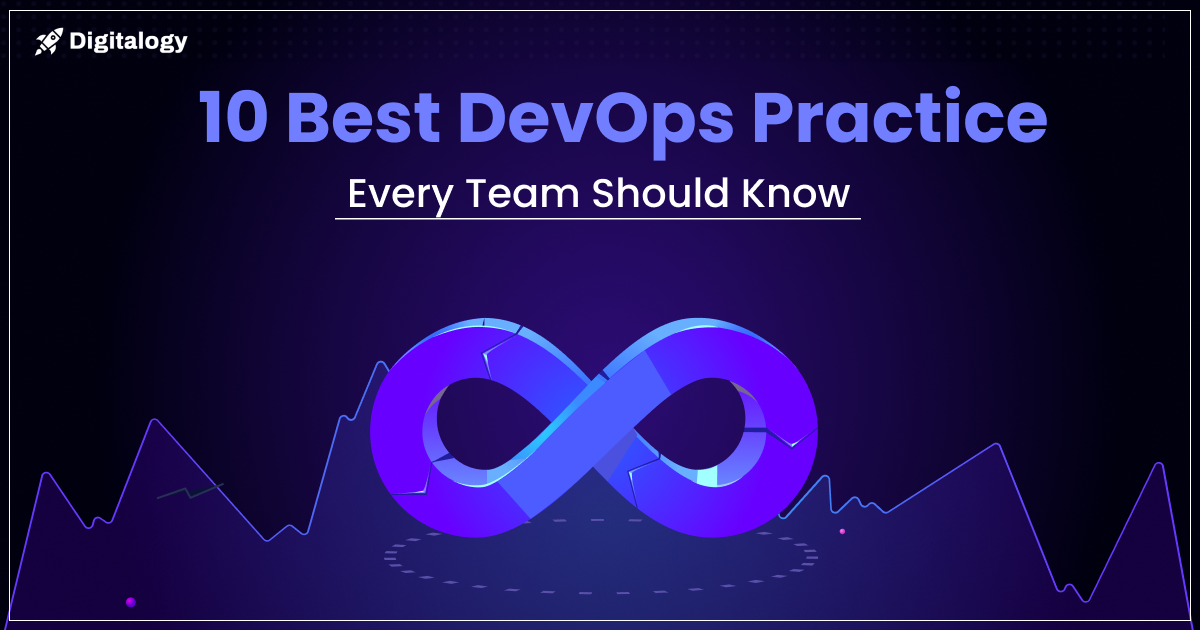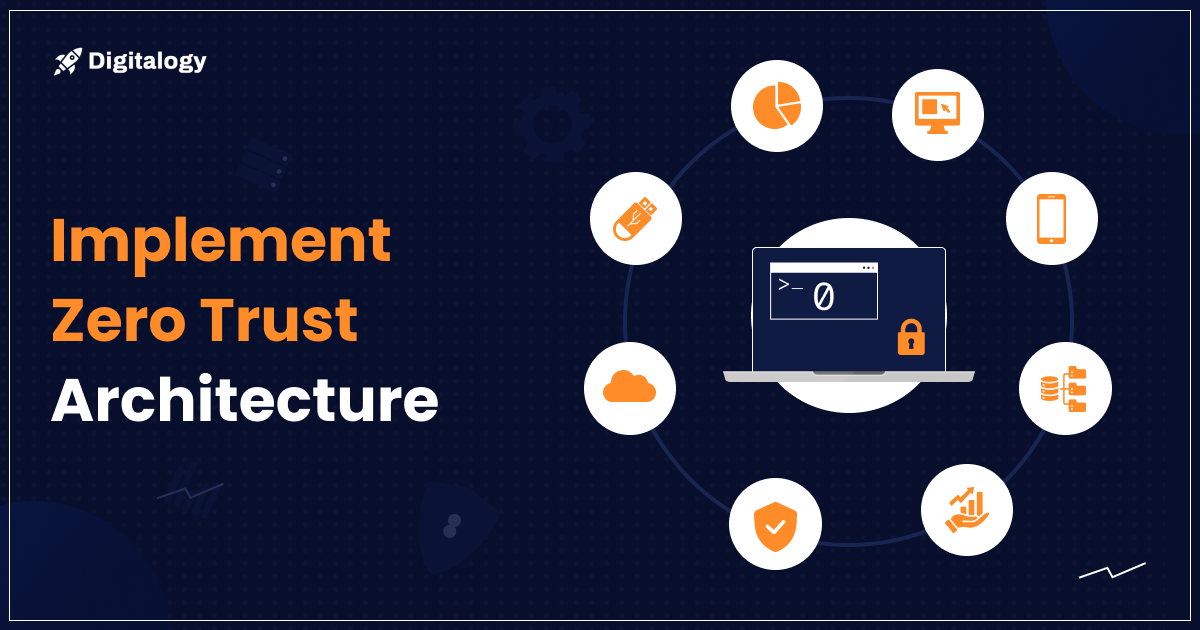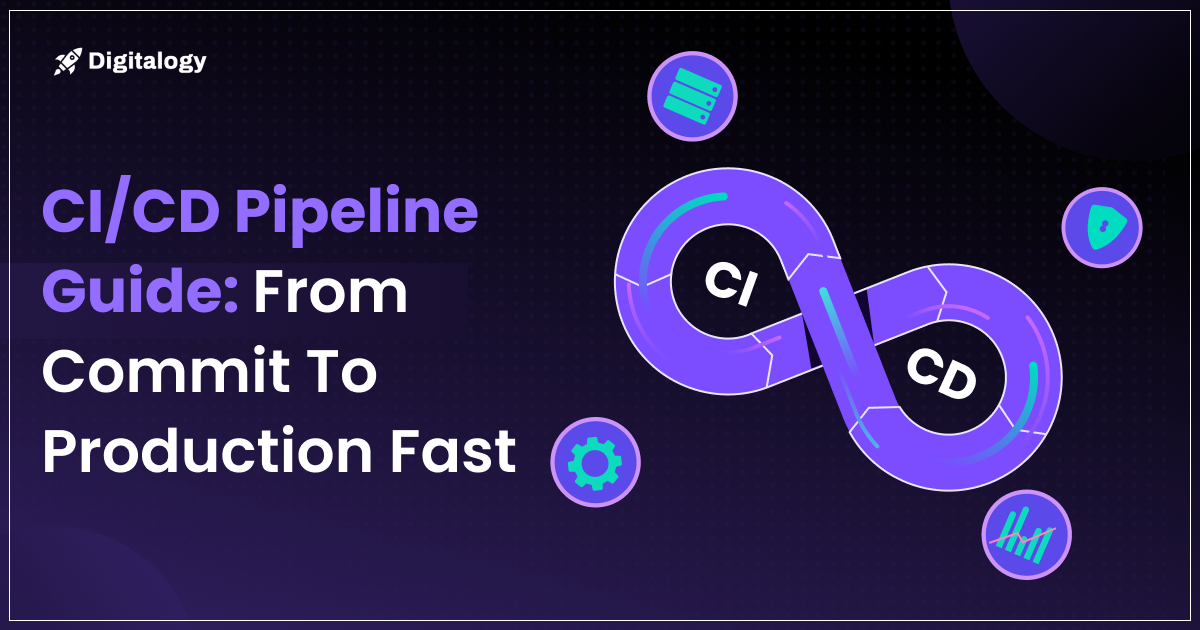In this blog, we will discuss the PHP programming language, broadly known as Hypertext Preprocessor, which is among the oldest programming languages. We will also cover various PHP development tools useful for developers in 2024.
The programming sector is far and wide, as numerous programming languages have been in existence for a long time. Each programming language is unique in its manner and serves different purposes. PHP is a dynamic and flexible scripting language with a unique role in the web development community.
Imagine PHP as the backstage magician of the internet, pulling strings and orchestrating the seamless interaction between users and websites. Just as a conductor directs a symphony, PHP elegantly orchestrates the various components of a web page, making sure everything harmonizes perfectly.
It’s like having a virtual assistant for your website – PHP processes data, communicates with databases and generates dynamic content on the fly. It’s the architect behind the scenes, constructing the framework that transforms raw code into the captivating web experiences we enjoy every day.
What is PHP?
PHP is a general-purpose scripting language used in the creation of websites. It has amassed popularity owing to its speed, simplicity, and flexibility.
The principal intention of this programming language is the creation of web pages that are dynamic and can interact with databases, process user inputs, generate real-time content, and perform tasks on the web server.
It is one of the most popular languages with 77.4% of server-side programmers using it worldwide.
Another facet of PHP development’s popularity is that it is open source, meaning it is free to download and use and comes with a large community of developers who regularly contribute to its growth and improvement.
Some reasons why PHP is a smashing success among programming languages are
- Simple syntax which is easy to learn.
- Has applications beyond web development, such as server scripting and command-line scripting.
- It is embedded in HTML in the simplest format, allowing easy interaction with databases and other web-based tech.
- Comprehensive documentation and community resources for learning, troubleshooting, resolving issues, etc.
- It allows developers to integrate static and dynamic content hassle-free.
- Availability of numerous frameworks and tools which accelerate the development process.
- Since it is scalable, both new businesses and established ones make use of it.
- Integration with other technologies, such as databases, HTTP protocols, and APIs, makes it ideal for creating dynamic and interactive web experiences.
What are PHP Development tools used for?
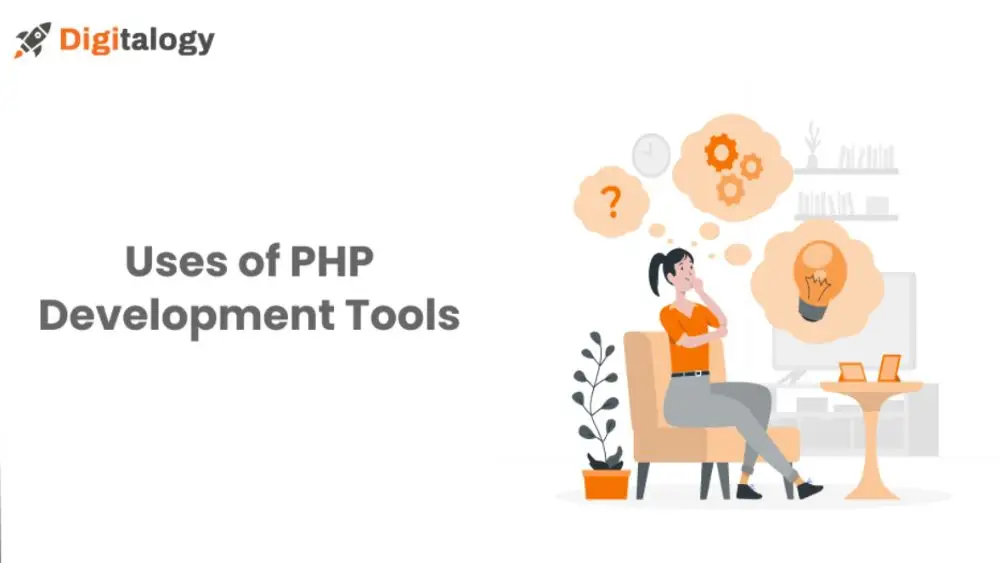
Every developer aims to increase the efficiency and effectiveness of their PHP Development processes. PHP tools are a one-stop shop for all development needs: improving code quality, streamlining workflows, and simplifying tasks, they do it all.
A complete breakdown of their applications can be summarised as:
Code Editing and Writing:
PHP developers can easily write and edit codes in code editors and integrated development environments (IDEs). They also facilitate features like highlighting the syntax, code completion, and intelligent suggestions for the ease of the user.
Version Control:
These allow developers to manage different versions of projects, work in teams, track code changes, and document code changes over time. It also enables reverting these changes in cases where the need may arise. Example: Git
Dependency Management:
PHP projects often require using external libraries and packages. These tools allow developers to manage dependencies so that they are easier to update and integrate within the tech stack. It also ensures that projects use correct versions of the dependencies. Example: Composer
Debugging:
It is essential for developers to find and fix errors in their code and produce bug-free applications. Debugging tools extend features like step execution and inspection of variables.
Testing:
To ensure that individual parts of the code run as intended, developers are required to write and execute unit tests. It enhances code stability and accuracy, enabling developers to find problems early on in the development cycle. Example: PHPUnit
Database Management:
In order to execute database operations without making use of SQL queries, these tools allow developers to interact with databases through web-based interfaces. Example: phpMyAdmin, Adminer
Performance Optimization:
Developers use these tools to analyze the performance of their PHP applications, identify any bottlenecks, and improve the speed and efficiency of the codes.
Web Development Frameworks:
Development frameworks assist in building web applications as they provide developers with off-the-rack structures and libraries, eliminating the need to write repetitive codes. Examples: Laravel, Symphony, CodeIgniter
API Development & Testing:
These are essential tools for designing, testing, and documenting APIs, for applications that interact with external sources. Example: Postman
Security & Quality Assurance:
To abide by security best practices, these PHP tools are used to identify vulnerabilities in the applications. Moreover, coding standards are also enforced to ensure the quality of the codebase.
Best PHP Development Tools For You
You can decide the best tools for your business by analyzing the languages and platforms supported by these tools along with their prices:
| Tool | Languages Supported | Platform Supported | Free Trial | Price |
| PHPStorm | JavaScript, Visual Basic, C++, C#, PHP, and Visual Basic | Microsoft Windows, Linux, and Mac OS X | 30 days | $89 – $199 |
| Netbeans | HTML5, PHP, JavaScript, C, and C++ | Windows, Mac OS, Linux, and Solaris | – | Free |
| Cloud9 | HTML5, PHP, JavaScript, C, and C++ | Windows, Mac OS, Linux, and Solaris | Free tier with limited features | Depends on the AWS services you use within the IDE |
| Sublime Text | All popular languages | Windows, Mac OS, and Linux | Unlimited free trial | $80 |
| Zend Studio | JavaScript, Visual Basic, C++, C#, PHP | Microsoft Windows, Linux, and Mac OS | 30 days | $189 |
| CodeLobster | HTML, CSS, JavaScript, PHP | Windows, Fedora, Linux, Ubuntu, Debian, Mac OS, Mint | Free version with limited features | $99 |
| Aptana Studio | Ruby on Rails, PHP, JavaScript, Ajax, and HTML | Windows, Linux, Mac OS X and Plugin for Eclipse | – | Free |
| Eclipse | Ada, C, C++, Haskell, COBOL, D, Java, JavaScript, Fortran, PHP, Ruby, Python, R, Lasso, Scala, Groovy, Scheme, Clojure, and Erlang | Windows, Mac OS, Linux, and Solaris | – | Free |
| Nusphere PhpEd | PHP, HTML, XML, CSS, Perl, Python, and JavaScript | Windows, Web, Mac, Linux, iPad | 21 days | $119 |
| PHP Debug Bar | PHP, Ruby, .Net, and Java | – | Free |
Top 10 PHP Development Tools
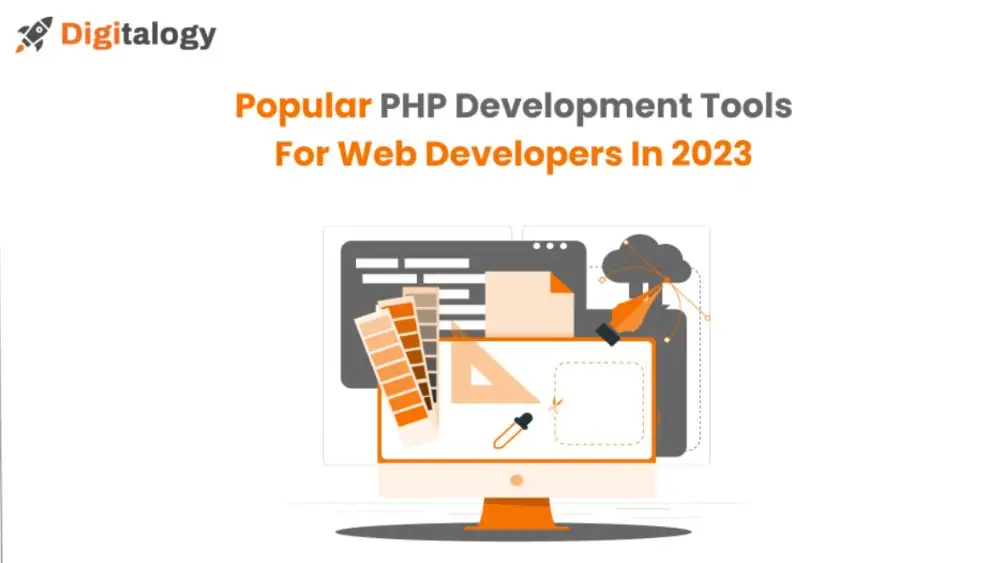
Here is a collection of the 10 most popular PHP development tools that developers might utilize in their work for incrementing efficiency and productivity.
1. PHPStorm

Due to its lightweight, quick, and smooth performance, PHPStorm is one of the most widely rated options among PHP development tools.
It has an affinity with PHP frameworks like Zend Framework, Symfony, Yii, Laravel, and CakePHP.
This IDE offers capabilities for code optimization, unit testing, and debugging in addition to real-time editing support for fundamental front-end technologies including CSS, HTML5, and JavaScript.
It is a feature-rich solution for PHP developers because it provides a plethora of applications. It is easily compatible with many popular content management systems (CMS), including Drupal, Magento, and WordPress. Further, it allows integration with databases, version control systems, remote deployment, composer, command-line tools, REST clients, and many other useful tools.
2. Netbeans

It is a well-liked IDE (Integrated Development Environment) for developing PHP applications. The newest version, which was originally developed for Java, is lighter, speedier, and supportive of PHP development services.
This IDE supports multiple languages, including English, Brazilian Portuguese, Japanese, Russian, and simplified Chinese, and is capable of handling complicated web applications.
NetBeans is interoperable and open source with well-known PHP frameworks like Zend, Symfony 2, CakePHP, FuelPHP, Smarty, and the WordPress CMS.
The NetBeans PHP IDE provides functionality designed specifically for building web applications with the most recent PHP releases.
3. AWS Cloud9

Cloud9 supports a number of different programming languages. It offers developers workspaces, which are pre-configured environments that let them get right to work writing code.
Building web applications is made simpler by this IDE’s inclusion of capabilities like live preview and browser compatibility testing. Tools for collaborative coding enable developers to work together with their colleagues.
When developing serverless apps, Cloud9 provides a seamless experience that is especially helpful for PHP projects. Remote debugging, resource definition, and serverless program execution are all possible.
With Cloud9, creating serverless applications is simple and you can code straight in your browser.
4. Sublime Text

This is a well-liked text editor among PHP developers. Adding additional plugins or packages can enhance the functionality of this editor.
Since it is cross-platform, this text editor automatically supports a wide range of programming and markup languages.
Many developers think of it as the greatest alternative for PHP programming because of its amazing design and wealth of capabilities.
With its unique UI toolkit, which is very customizable, you may quickly navigate between symbols, words, or lines using the keyboard. It is a flexible tool for PHP developers, allowing easy alteration to any line of code.
5. Zend Studio

This tool stands out for its exceptional speed.
In Zend Studio, writing and debugging code is effective and doesn’t take any extra time or effort.
With the help of programs like X-ray, Xdebug, and Zend Debugger, it can debug PHP scripts and supports PHP 7.
You may deploy applications on a variety of hosts, including cloud servers, thanks to the intriguing capabilities of this potent PHP IDE. Developers can also improve Zend Studio by including Eclipse plugins.
6. CodeLobster

The CodeLobster IDE is popular for its compatibility with numerous PHP frameworks, including Symfony, Laravel, CodeIgniter, CakePHP, and content management systems like Magento, Joomla, and Drupal, are extremely compatible with it.
Autocomplete tools are available for HTML, JavaScript, PHP, and CSS, making the development process simpler because you no longer need to remember the names of arguments, functions, attributes, or tags.
The IDE includes an inbuilt PHP debugger that enables local code testing. The free debugger is simple to use because it is intelligent enough to recognize server settings and set up pertinent files for you.
7. Aptana Studio

Many server-side and client-side web technologies are compatible with this tool.
By providing support for debuggers and a command-line interface, it makes it simpler to develop PHP applications. The standout feature of this PHP tool is that programmers can develop and test web applications within one environment. It provides options for SFTP, FTP, and programmable IDE settings.
Aptana Studio is a potent web development engine that makes use of Eclipse’s flexibility and offers information on the extent to which various elements are supported by popular web browsers. It offers a variety of alluring features designed to boost your productivity.
8. Eclipse

One of the best PHP tools available, Eclipse is a complete programming tool.
It is practical for creating and simplifying complex PHP code due to the freedom to select from a variety of plugins.
Eclipse also gives you the option to expand and modify the IDE to meet the needs of the project. This PHP IDE can handle programs with and without a graphical user interface (GUI).
It’s a cross-platform PHP editor that excels at handling big PHP projects.
9. NuSphere PhpEd

The proprietary PHP development tool PhpED was developed by NuSphere and combines a strong PHP editor, a Profiler, a PHP debugger, and a database client with code insight.
This application provides a number of features and enhancements that streamline the entire web-building process.
PhpEd speeds up the creation of applications by using the paid PHP accelerator PhpExpress. JavaScript, HTML, and CSS3 are all supported by PhpED, which offers strong compatibility with PHP 7.1.
It allows refactoring i.e. rewriting the source code for improved readability and usability without affecting the function, enabling developers to enhance their code. PhpED is a flexible IDE for PHP development because it works with well-known PHP frameworks like Laravel, Zend, and Yii.
10. PHP Debug Bar
PHPDebugbar works with many different projects and displays data from a variety of web apps.
The two parts of this PHP development tool are the mainDebugBar object and the data collectors & render. A set of collectors is pre-configured for a StandardDebugBar.
Moreover, you can identify and fix issues in JavaScript and HTML in addition to PHP.
PHPDebugbar has the ability to examine JavaScript code, track network activities, and analyze CSS elements. It is an outstanding open-source solution with a lot of features that developers find useful.
It is especially helpful for profiling data from any web application. You can even design your own collectors for simple integration.
How to choose the right PHP Development Tools?
PHP tools contribute to a more efficient, organized, and reliable development process, allowing developers to focus on building high-quality applications.
They have fascinating features that are 100% responsive, user-friendly, and interactive. Techies can give users quick access to several benefits with just one click by integrating third-party products.
They work with a variety of operating systems, including Windows, macOS, and Linux. It is essential to confirm that a tool is compatible with your technical stack platforms and coding languages before adding it.
Conclusion
PHP, the Hypertext Preprocessor, continues to be a powerful and versatile language that plays a crucial role in web development. Its ability to create dynamic and interactive web experiences, coupled with its vast community of developers and open-source nature, makes it a cornerstone of the programming world.
We explored a range of PHP development tools in this blog, each designed to enhance the efficiency and productivity of PHP developers. These tools cover everything from code editing and version control to debugging, testing, and performance optimization.
Choosing the right tools depends on your specific project needs, the languages you work with, and the platforms you use.
Successful PHP development requires a clear evaluation of the features and functionality, enabling programmers to create PHP websites.
Evaluate your needs, keep up with the latest PHP trends, try out the free trials when available, and select the tools that align best with your development workflow. Embracing these tools can greatly enhance your development process, leading to more efficient, high-quality, and delightful web applications.
FAQs
Ans. Although numerous software and tools are used for PHP development, Netbeans is widely used by 800K developers globally.
Ans. Yes, as of 2024, 49% of people are using PHP.
Ans. A source code editor, sometimes known as a text editor, and a compiler or interpreter are the most fundamental coding or programming tools. These are constantly and widely utilized. Other tools, such as debuggers and profilers, are frequently used for small tasks and are employed more or less depending on the programming language, development style, and particular engineer.

